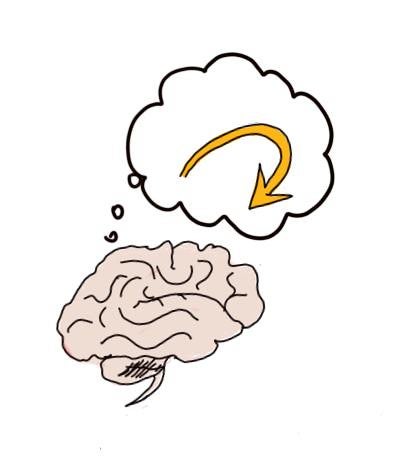Supporting your Students by Exploring Metacognition

Metacognition, the process of thinking about one's own thinking (and learning), has been recognized as an effective element to share with your students which in turn helps them prepare for and learn subject matter and concepts. By encouraging your students to become aware of how they think, you are setting them up for success and helping them focus their study habits and techniques.
To start the process with your students, why not share these Six Strategies for Effective Learning (link will lead to a page with downloadable infographics [PDFs]) that they may find useful as they engage in your course. This resource was created by The Learning Scientists, a group of Cognitive Scientists that have determined several methods of facilitating metacognition.
At the very least, you could add the pdf infographic to your LEARN content and point it out to your students. Some instructors are taking further steps by devoting some class-time to discussing Metacognition and these study strategies (the Learning Scientists have some PowerPoint slides to help facilitate this). Other instructors are even incorporating things such as exam wrappers to further foster student metacognition.
For more insights, have a read of the CTE Teaching Tip: Teaching Metacognitive Skills.